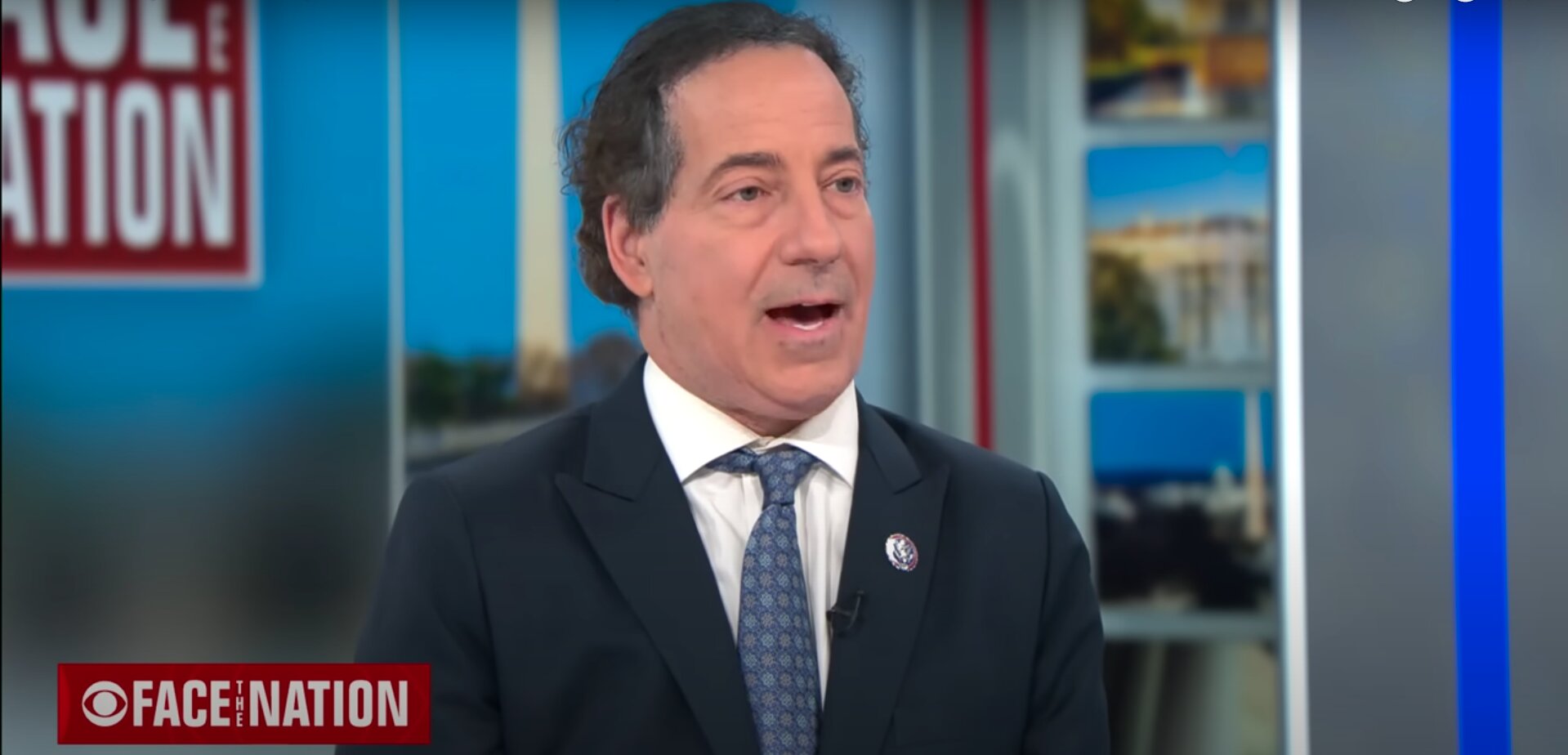A member of the House Jan. 6 committee believes the method for electing presidents is a “danger.”
During an interview on CBS News’ “Face The Nation,” Rep. Jamie Raskin (D-Md.) claimed the Electoral College is a danger not just to democracy, but also to the American public.
“The Electoral College now – which has given us five popular-vote losers as president in our history, twice in this century alone – has become a danger, not just to democracy, but to the American people. It was a danger on January 6,” Raskin said.
He went on:
“There are so many curving byways and nooks and crannies in the Electoral College, that there are opportunities for a lot of strategic mischief. We should elect the president the way we elect governors, senators, mayors, representatives, everybody else. Whoever gets the most votes wins.”
Raskin added, “The framers were great, and they were patriots, but they didn’t have the benefit of the experience that we have lived, and we know that the Electoral College doesn’t fit anymore.”
The Maryland congressman also voiced his support for changing the way presidential elections are decided so that the winner is chosen by the popular vote.
Watch the video below:
As with anyone, we should not regard The Founders and how they set up our government as inerrant.
They were men who had flaws and made compromises to ensure the Constitution would have enough support to be ratified.
And it probably is not a good sign for a political party if its presidential candidates repeatedly fail to win the popular vote.
However, the Electoral College helps ensure small states’ voices are not ignored or left out by the majority.
If we were to switch to a system where the president was elected by the popular vote, there would be no real incentive to campaign in smaller states — or in rural less populated parts of states.
The candidates would spend most of their time in larger states such as California, Texas, Florida, and New York.
And the concerns of the minority could be easily ignored, especially if the president’s party controlled Congress.
Today, a swing in how a handful of states typically vote could make the difference in the presidential election — even if they do not give the winner a majority of the popular vote. This feature of the Electoral College allows certain regions to register their disapproval of a candidate, or their party and policies. And it makes sure the minority is not easily ignored.
But with a popular vote, such swings — absent a massive shift in the population — could be overlooked as a blip.
It may be annoying to see presidents win without the popular vote. But the Electoral College can act as a check to ensure presidents are trying to govern for all Americans, not just for a majority in certain pockets of the country.

























 Continue with Google
Continue with Google